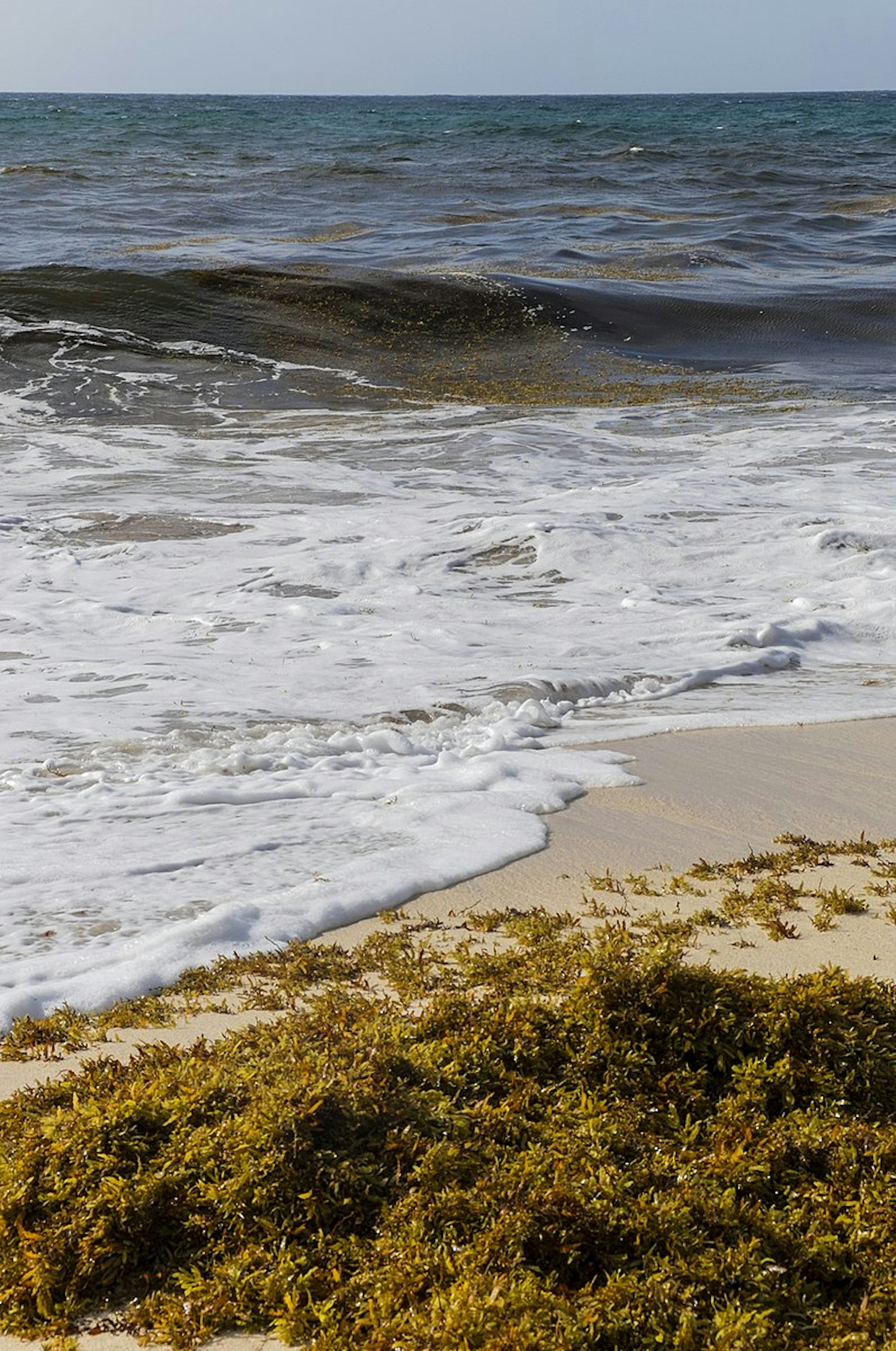
Part Two of the novel begins during Antoinette and her new husband’s honeymoon, on the island of Granbois, near Jamaica. Antoinette has a recurring nightmare about a stranger leading her through the woods and up a flight of stairs. Mason comes to visit her and informs her that he is taking her out of the convent school, implying that there is a suitor waiting for her. After eighteen months, during which time Annette has died, Mr. Antoinette is comforted by the routines of the convent, but fails to find faith or solace in prayer. The nuns there instill the values of chastity and good behavior in their students, and place a high premium on appearance. Antoinette goes to visit her, but finds her mother unrecognizable, mad with grief.Īntoinette begins to attend an all-girl’s convent school. When she finally awakes, she learns that Pierre has died, and that her mother Annette is being kept at a convalescent house in the country. Antoinette descends into a fever for six weeks. The family narrowly escapes, but Pierre is badly injured. One night, a mob sets fire to the house at Coulibri. Mason to move the family out of harm’s way, but he ignores them. Annette and Aunt Cora, fearing retribution, urge Mr. The show of ostentatious wealth causes resentment in the neighboring village of poor ex-slaves. After seeing Antoinette in Tia’s dirty dress, Annette resolves to lift the family out of poverty.



Antoinette has a short-lived friendship with a little black girl, Tia, until the two fall out over a bet while they’re swimming, and Tia runs away with Antoinette’s money and clothes. Antoinette seeks refuge in the gardens and the company of her nurse Christophine, who is known for her practice of obeah, a voodoo-like folk magic. Annette becomes withdrawn and depressed, shunning Antoinette and talking to herself.

Her family, consisting of her mother, Annette, and her mentally disabled younger brother, Pierre, are destitute and isolated after her father’s death and the passage of the Emancipation Act of 1833, which freed Jamaica’s slaves. Antoinette Cosway, a creole, or Caribbean person of European descent, recounts her memories of growing up at her family’s estate, Coulibri, in Jamaica in the 1830‘s.


 0 kommentar(er)
0 kommentar(er)
